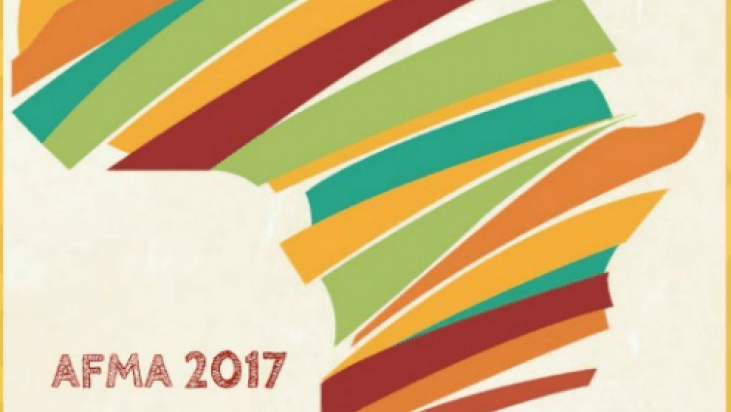On 9th – 13th October 2017 women’s rights organizations, journalists and bloggers, gender advocates and the academia congregated in Johannesburg, South Africa for the the inaugural annual African Feminist Macroeconomics Academy. The overall goal of the one-week academy was to plug the knowledge gap and enhance the capacity of women activists to influence macroeconomic policy processes and outcomes. It reinforced the call to African governments to increasingly include feminist perspectives in determining the macroeconomic polices to tackle gender inequalities.
The academy provided the participants with a platform to:
- Understand and recognise how current economic models perpetuate gender inequalities and use a feminist analysis to challenge these models.
- Understand the contribution that feminist economics could make to achieve the Sustainable Development Goals and Agenda 2063 especially the gender agenda.
- Continuously contribute to macroeconomic dialogues and discussions from a feminist perspective
- Build a cohort of feminist economists with deeper knowledge and skills to shape discourse and influence economic policies and practice
The academy was convened by the African Women’s Development & Communication Network (FEMNET), in partnership with the Center for Women’s Global Leadership at Rutgers University (CWGL), Open Society Initiative for Southern Africa (OSISA), Christian Aid and UN Women.
The academy featured interactive sessions allowing participants to discuss the impacts of illicit finnacial flows on women and girls and the need to address the needs of women in formulating macroeconomic policies as they have a numerical population majority making up slightly over fifty percent of Africa´s population. Amongst the key trainers of the academy included Professor Radhika Balakrishana, a Professor in Women and Gender Studies and Faculty Director of the Center for Women’s Global Leadership at Rutgers University (USA), Dr. Attiya Warris, a lecturer at the University of Nairobi School of Law and Dr. James Heintz Andrew Glyn Professor of Economics
During the academy, FEMNET launched a report on gendered dimensions of Illicit Financial Flows (IFFs). The report highlights the gendered impacts of illicit financial flows, a discourse that has not been largely documented – especially from a feminist perspective. FEMNET considers this ground-breaking research in Africa to be the beginning of the much-needed advocacy and heightened consciousness on illicit financial flows led by women’s rights organizations.
A public lecture titled “The Gendered Dimensions of Illicit Financial Flows” was also convened by FEMNET & UN Women illustrated how illicit financial flows as well as tax policies and practices impact women’s rights & economic justice
Emma Kaliya, the chairperson of FEMNET gave the key highlights of the Southern Africa Gender Protocol Alliance, what it is and what they have done so far as well as potential future actions. The alliance is a regional “network of networks” that championed the adoption of the SADC Protocol on Gender and Development.
After the academy, participants penned down an open letter to the UN Special Rappatour on the right to deveopment.
For more information get in touch with Crystal Simeoni, head of Advoocay at FEMNET.


